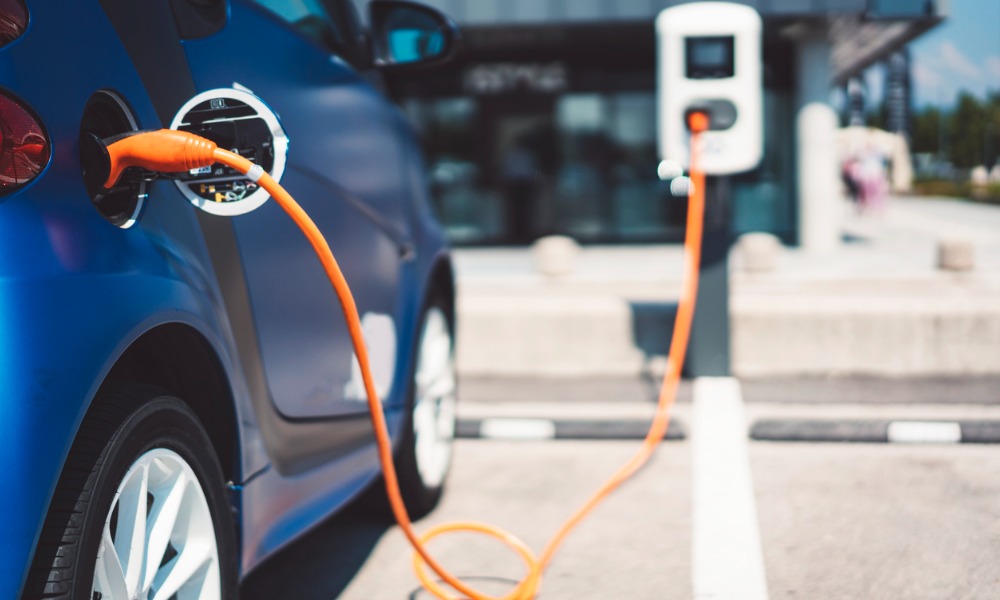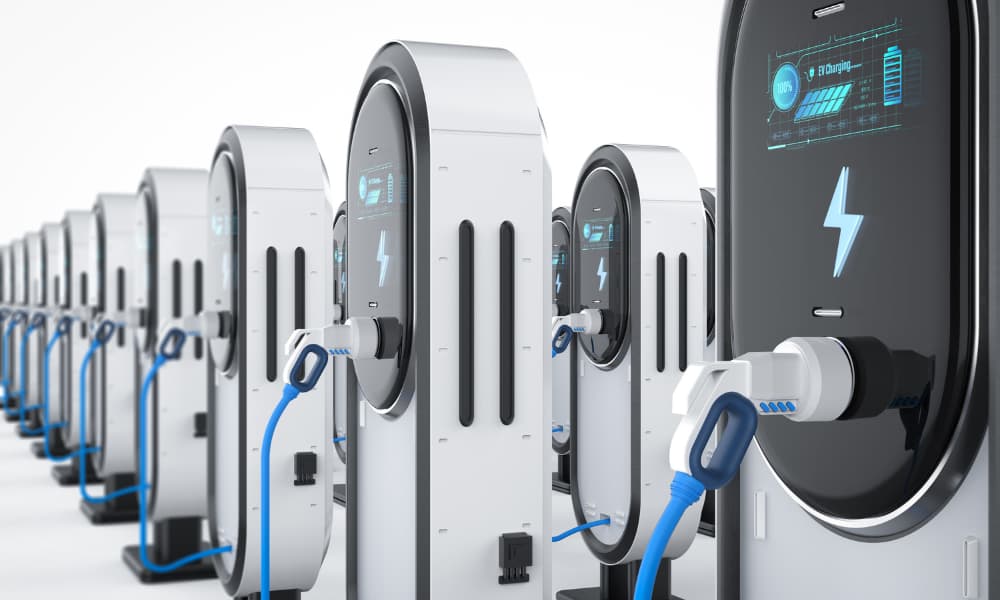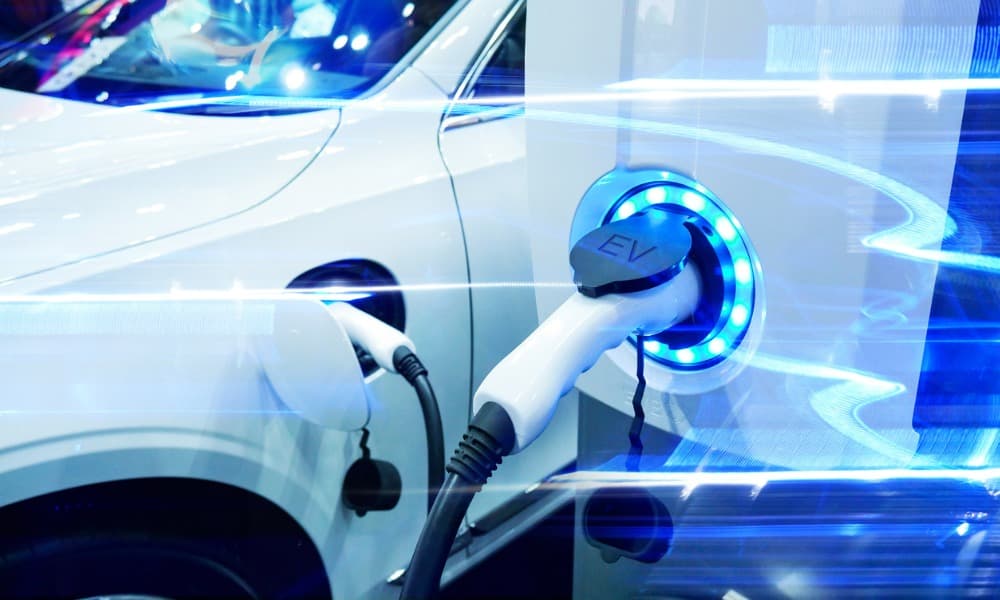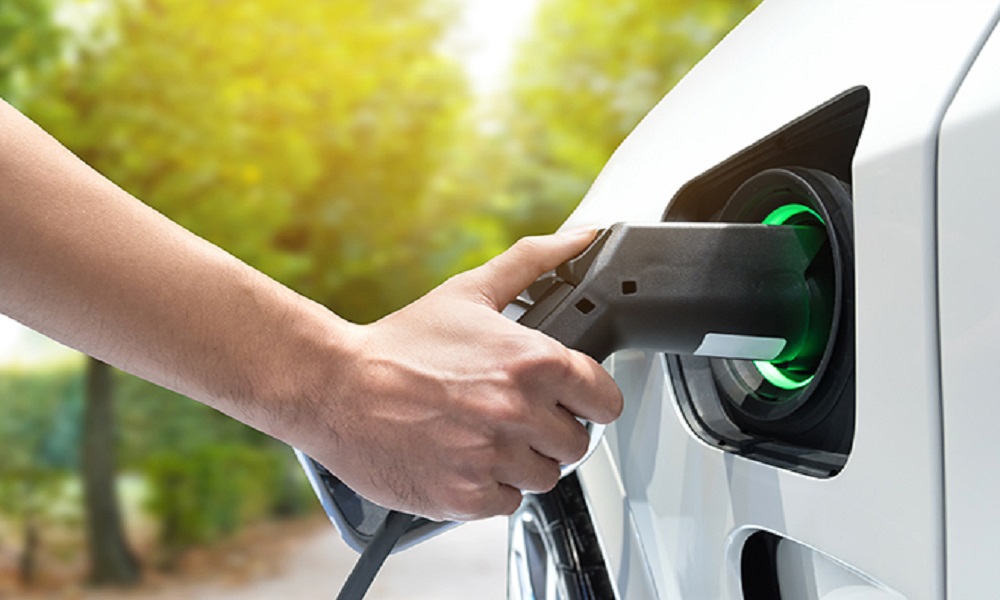As electric vehicles (EVs) continue to gain popularity, home EV charging has become an essential consideration for owners. Charging your EV at home offers convenience, cost savings, and the ability to charge your vehicle overnight, ensuring it’s ready for daily use. However, understanding the costs, setup process, and benefits is crucial for making informed decisions. Here’s a comprehensive guide to home EV charging.
Understanding Home EV Charging
Home EV charging involves installing a charging station, also known as an Electric Vehicle Supply Equipment (EVSE), at your residence. EVSEs are categorized into two main types: Level 1 and Level 2 chargers.
- Level 1 Chargers: These come standard with most EVs and plug into a regular 120-volt outlet. While they are easy to use, they charge slowly, typically adding 3-5 miles of range per hour.
- Level 2 Chargers: These require a 240-volt outlet and offer significantly faster charging speeds, adding 20-60 miles of range per hour depending on the charger and the vehicle.
Costs of Installing a Home EV Charger
The cost of setting up a home EV charger depends on several factors, including the type of charger, electrical upgrades needed, and installation complexity.
- Charger Costs: A Level 2 charger typically ranges from $300 to $1,000, depending on the brand and features like Wi-Fi connectivity and adjustable amperage.
- Installation Costs: Hiring a licensed electrician is necessary for safe installation, especially if you need a 240-volt outlet or a new circuit. Installation costs can range from $500 to $2,000 based on the scope of work.
- Permits and Inspections: Some local governments require permits and inspections for EV charger installation, which can add $100 to $300 to the overall cost.
- Potential Incentives: Many governments and utility companies offer rebates or tax credits for installing home EV chargers, significantly offsetting the costs.
How to Set Up Home EV Charging
Setting up home EV charging involves several steps to ensure safety and functionality.
- Evaluate Electrical Capacity: An electrician will assess your home’s electrical panel to determine if it can support a Level 2 charger. In some cases, panel upgrades may be necessary.
- Choose the Right Charger: Consider your driving habits, EV model, and charging needs when selecting a charger. Features like smart charging capabilities can enhance convenience.
- Install the Charger: A licensed electrician will install the EVSE, ensuring proper wiring and adherence to local electrical codes.
- Test and Optimize: Once installed, the charger will be tested to confirm it works correctly. If using a smart charger, you can configure charging schedules through its app.
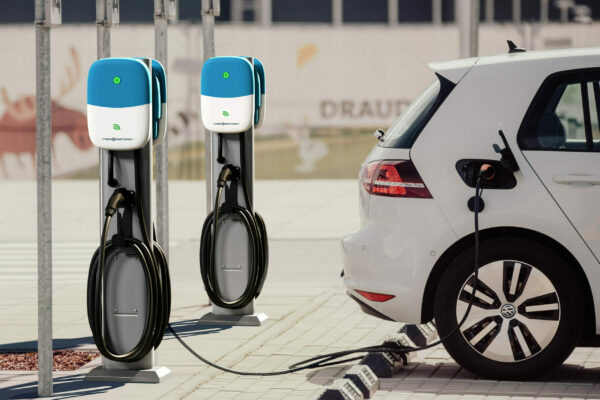
Benefits of Home EV Charging
Home EV charging offers numerous advantages for EV owners.
- Convenience: Charging at home eliminates the need to visit public charging stations, allowing you to charge your EV overnight while you sleep.
- Cost Savings: Charging at home is typically cheaper than using public chargers. Many utility providers offer lower rates during off-peak hours, further reducing costs.
- Energy Independence: With the integration of renewable energy sources like solar panels, you can power your EV with clean energy, reducing reliance on the grid.
- Increased Property Value: Installing a home EV charger can boost the resale value of your property, as more buyers look for EV-friendly homes.
- Environmental Benefits: Charging at home allows you to use electricity generated from renewable sources, contributing to reduced greenhouse gas emissions.
Tips for Maximizing Home EV Charging Efficiency
- Charge During Off-Peak Hours: Many utilities offer time-of-use rates, making it cheaper to charge your EV during nighttime hours.
- Maintain Your Charger: Regularly check the charger for wear and tear, and follow the manufacturer’s guidelines for maintenance.
- Use Smart Charging Features: If your EVSE includes a mobile app, use it to schedule charging, monitor energy usage, and optimize charging times.
The Future of Home EV Charging
With advancements in EV technology, home charging solutions are becoming more accessible and efficient. Wireless charging, bi-directional charging, and integration with smart home systems are on the horizon, offering even more convenience for EV owners. Investing in a home EV charger today is a step toward a sustainable and cost-effective future.

